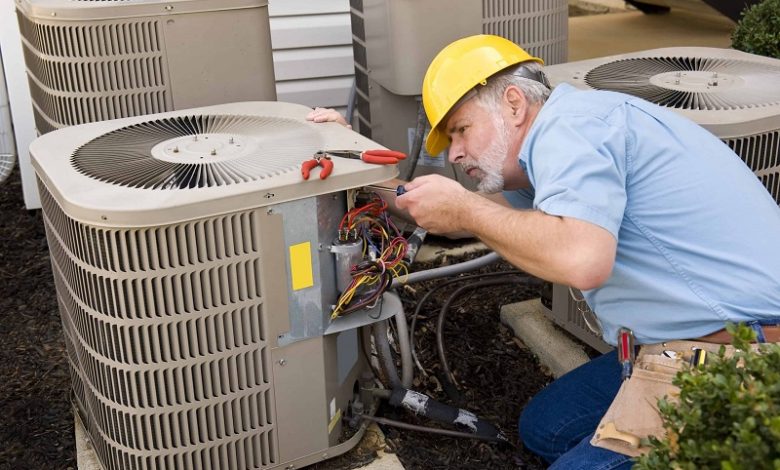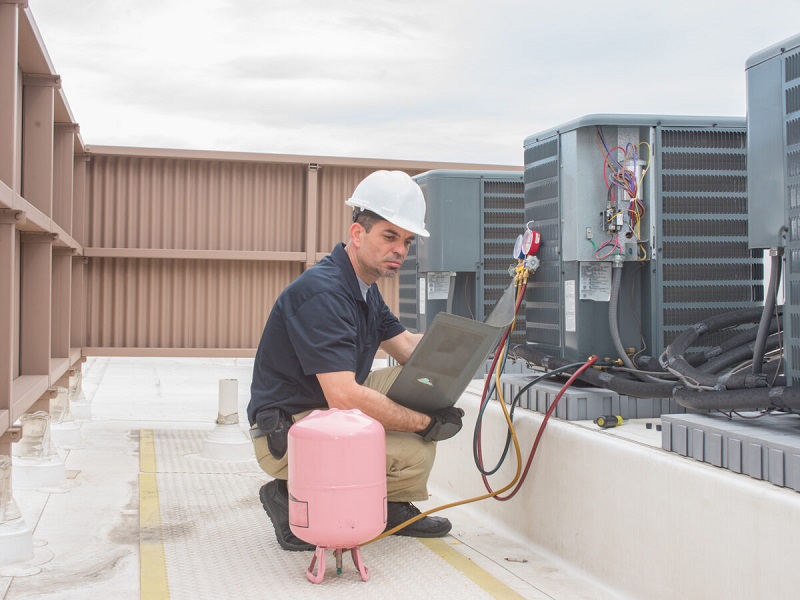
You can start an HVAC business with a small investment in time and resources, and then grow your business at your own pace.
One of the benefits of starting an HVAC business is that you can start with a small investment of time and resources, and then grow your business at your own pace. Another advantage is that the heating, ventilation, and air conditioning industry tends to reflect the rapid and progressive growth of technology. When improvements are made to the design and operation of heating and cooling units, the demand for skilled HVAC contractors accelerates.
Choose a specialization
Evaluate your skill level to determine what you do best, and then offer that service first. For example, if you excel at repairing auto air-conditioning systems, but not boilers, be honest with yourself. Realize your limitations and get training in those weak areas, if you feel you would like to offer those services. HVAC is flexible because you can become an expert in a variety of services based on what you want to specialize in. This includes troubleshooting heat pumps, gas furnaces, or air conditioning; consulting on ENERGY STAR appliances for homes or commercial buildings, or specializing in other areas of expertise.
Get Certified
Join a trusted HVAC industry-based organization that specializes in offering education and certification. Your combined years of experience and training can be further enhanced with a North American Technician Excellence certification. In addition, your knowledge of ENERGY STAR qualified products and current trends in the HVAC industry can make you a valuable resource for your customers. Certification can also help you instill your competence in potential clients.
Create a growth-oriented business plan
Plan how you will expand your customer base over the years to remain profitable, although you can initially start your HVAC business with limited risk. Start part-time with a set number of hours you’d like to work on your business. For example, you might want to work four hours every weekend and then expand it to include four more hours on three or four days during the week. Figure out how many clients you can serve in a week based on the hours you’d like to put into the business and your financial goals. Allow two to four hours of administration time each week so you can review your progress. Because HVAC contracting involves physical labor, make sure you don’t oversell and always deliver quality service to your customers.
Partner with construction companies
Find reputable construction and remodeling companies in your area and offer yourself as a trusted HVAC resource. Commercial and residential building contractors can be your best long-term contacts because they build homes and commercial buildings from scratch. Renovation project managers may want heating, ventilation, and air conditioning specialist to determine if a heating or air conditioning unit needs to be repaired or replaced. These businesses may also need advice on which ENERGY STAR equipment is best suited for the size of a newly built home.
Advantages and disadvantages
Advantages of running an HVAC business:
- The constant demand for air conditioning
- Companies in constant growth
- Availability of installation and service income
- Possibly high-profit margins
The cons of running an HVAC business :
- Physically demanding job
- Changing technology requires a lot of education
- Often a very dirty job (crawl space and work attic)
- Dealing with extreme weather conditions
- Customers can be irritable when their units break down






